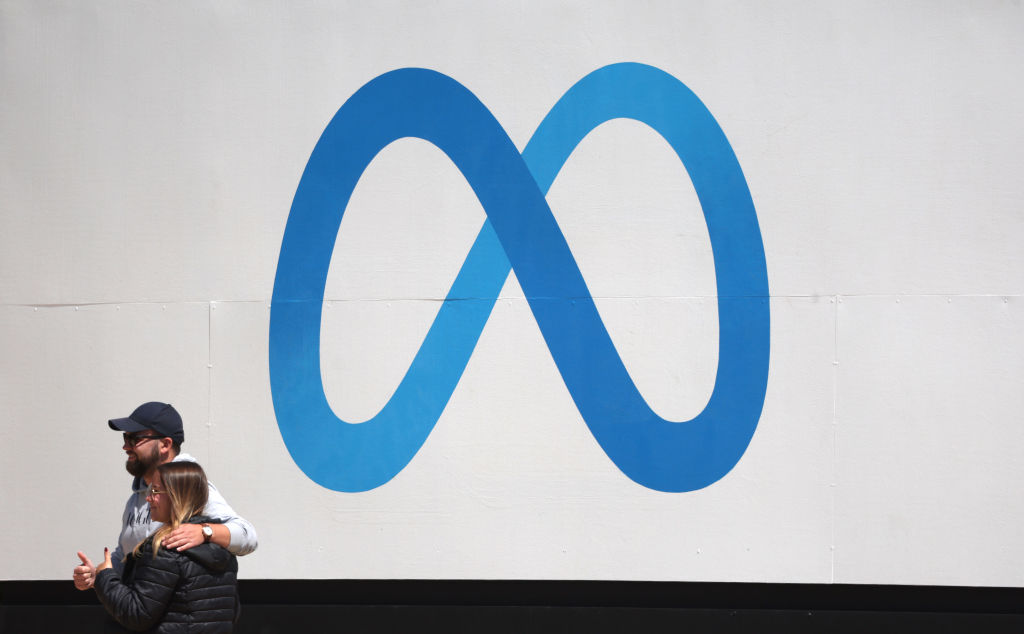
South Dakota has joined 32 other states in a federal lawsuit that accuses Meta of designing Facebook and Instagram to intentionally addict children and teens, in violation of state and federal laws that protect consumers and children’s online privacy.
The states say that Meta knew its platforms psychologically harmed youth but hid those harms and installed features like “infinite scroll and near-constant alerts” to fuel youths’ social media addiction, according to a 233-page complaint filed Tuesday in federal court in northern California. Addicting users serves Meta’s profit motive because the company sells advertisements targeting users, the states allege.
Meta also collected data from underage users without the parental consent federal law requires, according to the lawsuit. And the company routinely published “profoundly misleading reports” assuring the public its products were safe for young users, even though Meta’s internal research linked young people’s social media use to depression, anxiety, insomnia and problems both at school and in daily life, the lawsuit charges.
South Dakota Attorney General Marty Jackley said Facebook and Instagram have “played a major role in the youth mental health issues occurring in America.”

Eight other states filed complaints in their state courts alleging deceptive trade, consumer fraud, unlawful trade, unjust enrichment, negligence, product liability and public nuisance claims.
In the federal lawsuit, the states are asking a judge to order Meta to stop using its addictive features and pay financial damages.
“Despite overwhelming internal research, independent expert analysis, and publicly available data that its Social Media Platforms harm young users, Meta still refuses to abandon its use of known harmful features — and has instead redoubled its efforts to misrepresent, conceal, and downplay the impact of those features on young users’ mental and physical health,” the lawsuit charges.
The company is expanding its use of the addictive practices into new platforms and domains, including its Virtual Reality Metaverse, WhatsApp, and Messenger, the states complain.
The states cited five especially “psychologically manipulative” features they say exploit young users’ developing brains, including:
- Recommendation algorithms the states characterize as “dopamine-manipulating.”
- “Likes” and social comparison features.
- Audiovisual and haptic alerts that continually recall users.
- Visual filter features that promote body dysmorphia.
- Content-presentation formats, such as infinite scroll, that keep users hooked.
Meta officially bars children under 13 from using its platform, but countless preteens use Facebook and Instagram without consequence from Meta, the lawsuit says.
